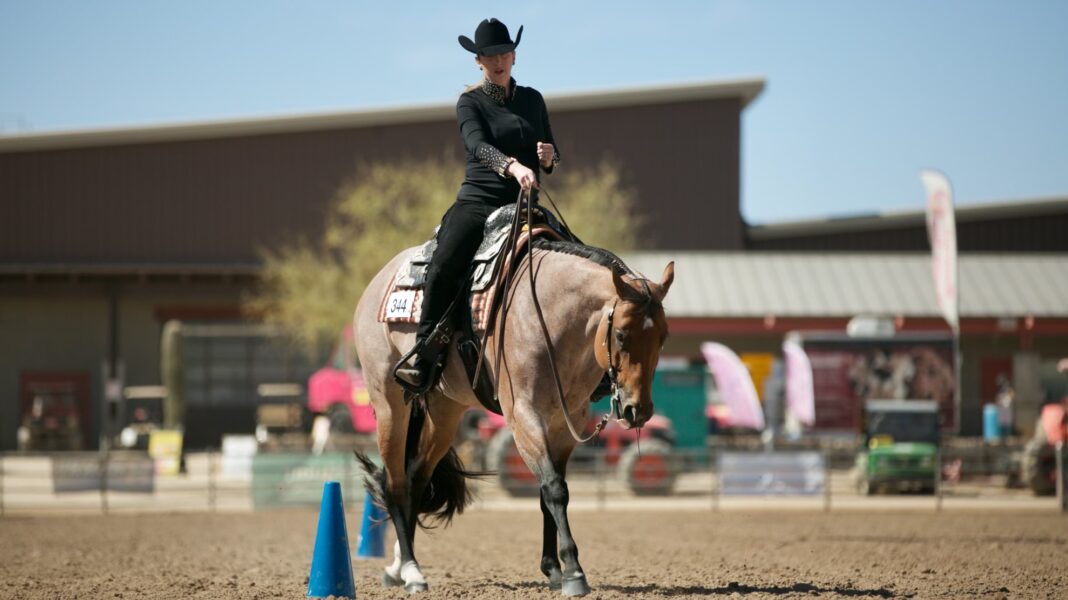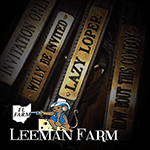In part 4 of our 4-part series, “Get the Insider’s Scoop on Learning a New Class,” we talked to multiple World and Congress Champion riders and judges to get their tips on trying the challenging class of western riding. This class is one of the toughest classes to learn on the show circuit. It takes a lot of practice to perfect the timing and pace needed to get smooth and beautiful lead changes.
In case you missed it, be sure to check out part 1 of this popular series, where our experts gave some great advice on trying showmanship, also click here for part 2 on horsemanship and part 3 on trail.
Breathe
The first tip AQHA World Champion trainer Leonard Berryhill gives his first time riders in western riding is, breathe!
“Your only concern is you and your horse performing a pattern that we have practiced at home, time after time. There is no one watching,” Berryhill says. “It’s just you and your horse. Mistakes will be made. Professionals make mistakes all the time. So don’t let mistakes destroy a learning process. And no matter what, enjoy the ride and the experience, because it will get better. Have fun.”
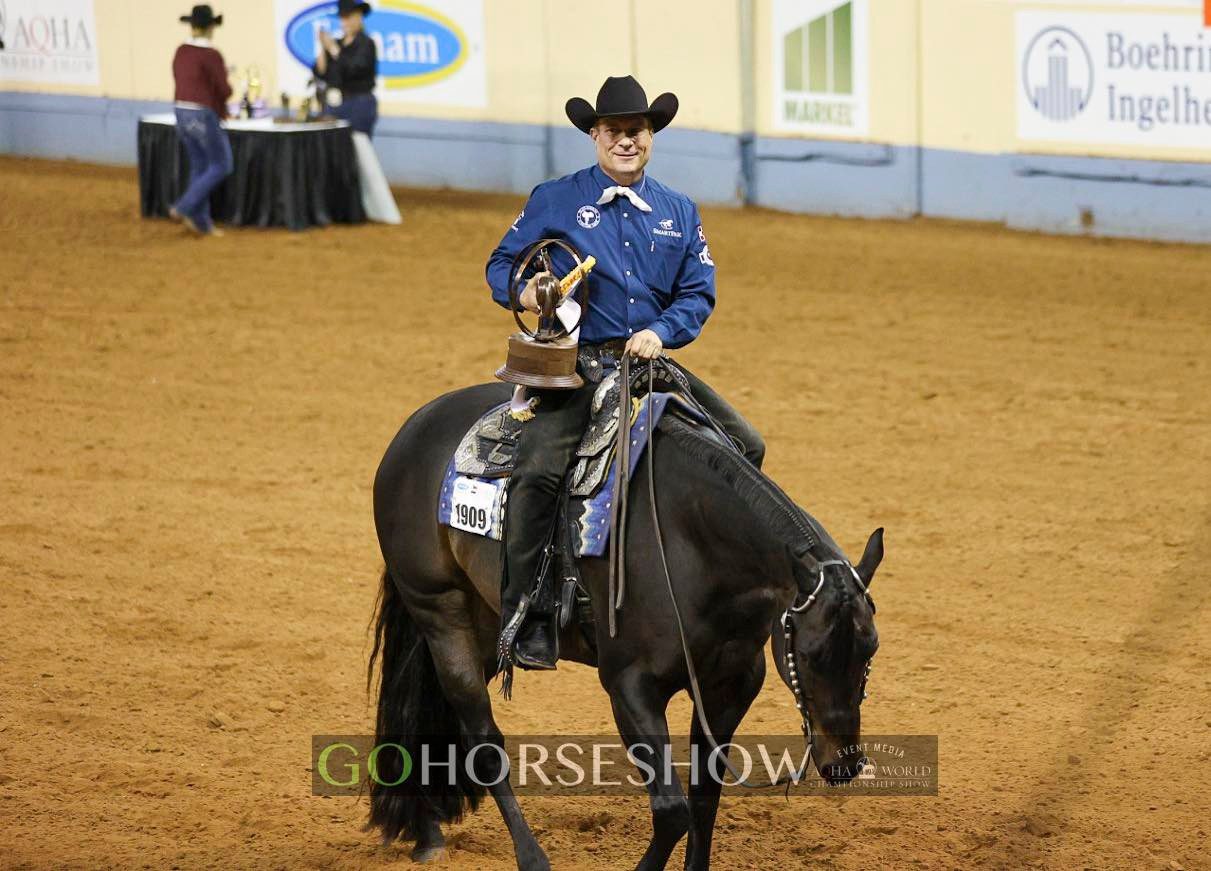
Timing & Pace
AQHA trainer and judge Charlie Cole of Pilot Point, Texas explains that it is crucial for your horse to be in the right position prior to the change, be at a pace that’s easy to change leads (faster is better than slow), and finding the exact timing when to ask for the lead change.
“Don’t punish your horse for your inexperience and or lack of timing,” Cole says. “With practice, you will start feeling the rhythm and timing to ask for the change.”
2023 AQHA World Champion Junior Western Riding rider Kyra Ley agrees with Cole that fine tuning the timing of the lead change is very important.
“Whether it be down the line or across the center, the change is to happen in a designated area and penalties begin to occur when you are early or late,” Ley explains. “If you are late on your first line change, chances are you will be late on the others as well. Some riders count their strides and some just ride by feel, so do whatever works best for you, but make sure you practice where you place that lead change between the cones.”
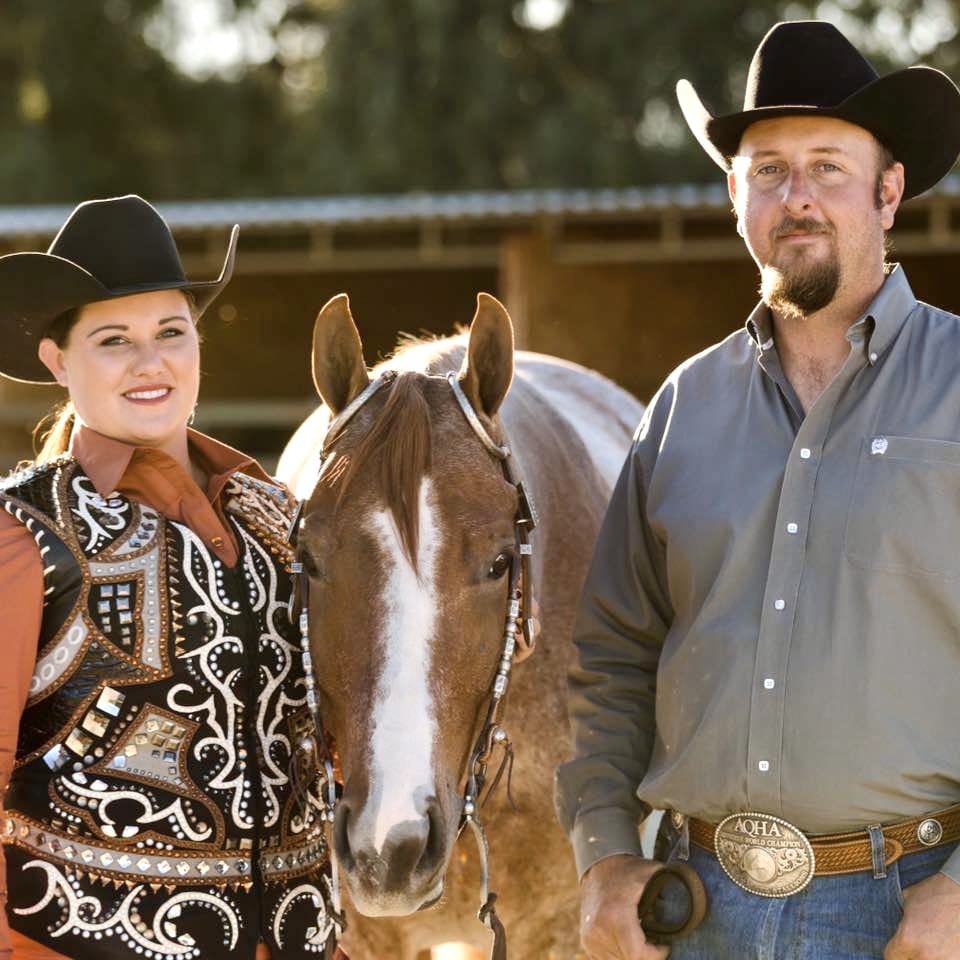 California trainer Jenn Wheeler also stresses that western riding takes a lot of work.
California trainer Jenn Wheeler also stresses that western riding takes a lot of work.
“Not only do you have to master the rhythm and timing to be able to do a quality lead change with your horse, but you also have to learn how to maneuver through the patterns correctly. You really have to set the cones and teach yourself to guide straight, look up and forward, ride through the changes and all the way straight ahead through the cones,” Wheeler says.
Practice
“Practice is very important,” says Kelli Hinely of Trendsetter Performance Horses. “The more comfortable you are going forward through your lead change will result in a more quality lead change. I recommend practicing changing leads down the line with cones and getting comfortable with timing. When you are showing, don’t forget to count. If something goes wrong with one lead change, it is important to regroup and focus on the next maneuver ahead.”
Colorado trainer Jimmy Daurio agrees that practice is very important when it comes to conquering this class.
“Practice makes perfect. Western riding is one of the toughest classes to master (or think you have). There is so much timing, steering and control happening,” Daurio shares. “Everyone will think they are flying and going too fast – typically that’s not the case. Everyone will hit a cone. And that one log out there is much harder to negotiate than it appears. Don’t get discouraged and don’t be afraid to go a little faster.”
Small Details Matter
Arizona trainer Beth Clemons says that her best advice for learning the western riding is don’t underestimate the small stuff.
“I have failed to read small parts in the pattern and suffered big penalties,” Beth says. “Read the pattern, look at the score sheet so you know what is being judged. We tend to focus on lead changes and underestimate the impact of the small things in your score.”
Clemons reminds riders that the walk, log, transitions, and stop and back are all scored.
“Make sure you are ready to eliminate penalties and add pluses on those obstacles. If you go into your first change with +1/2 on those maneuvers, you’re starting ahead and may need those points to make up for a penalty later on. The small details matter.”
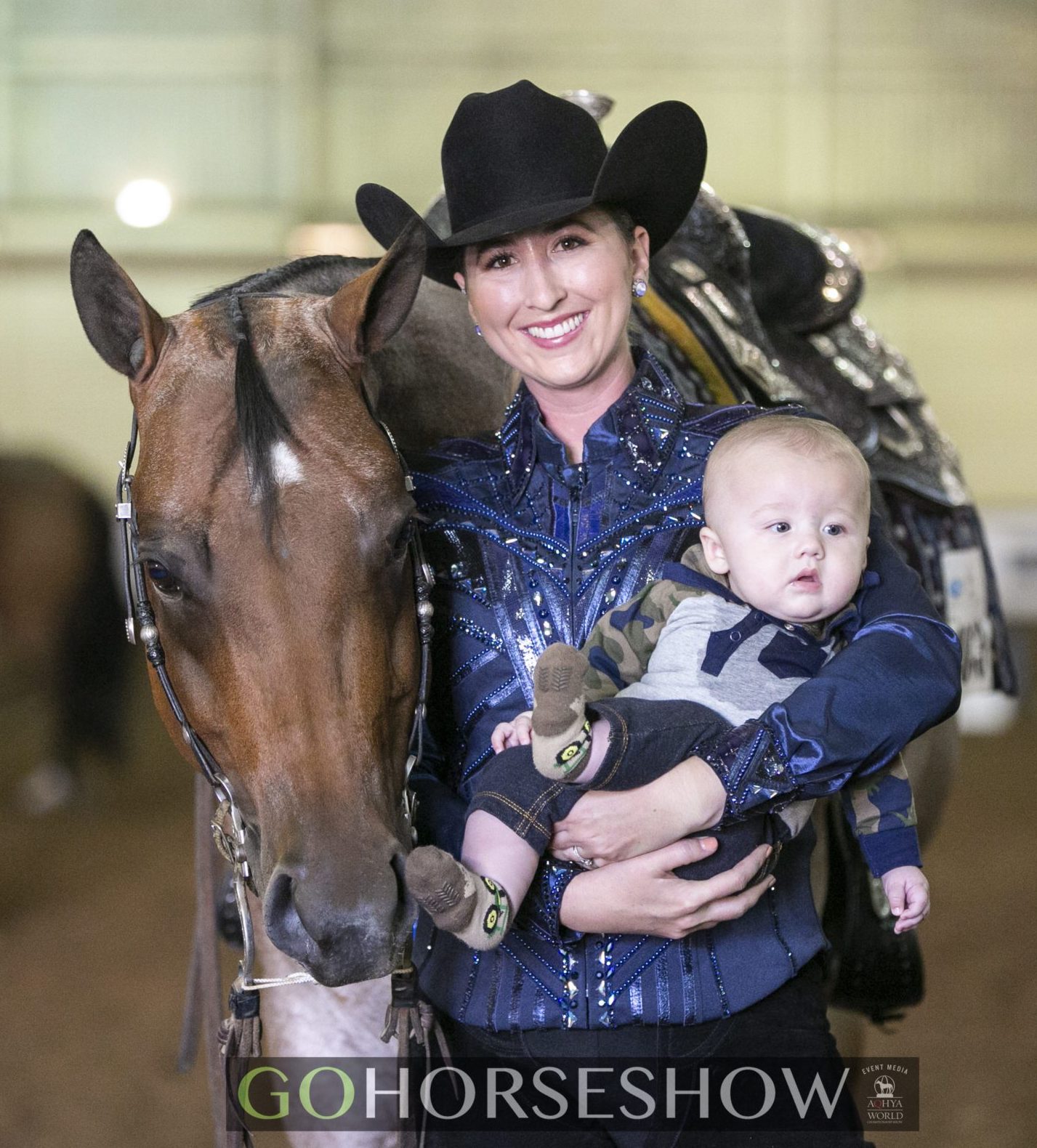
Don’t be Afraid to Lose Control
Leading amateur exhibitor Samantha Foust says that being someone who came from mostly competing in the western pleasure to now showing in western riding; she had to learn to relax and let things happen.
“Western riding is fast paced and sometimes you can’t control every single moment of your ride. You have to stay calm cool and collected and trust your horse.”
Don’t Forget the Log
AQHA Select World Champion Kathy Tobin says that western riding is not an easy class.
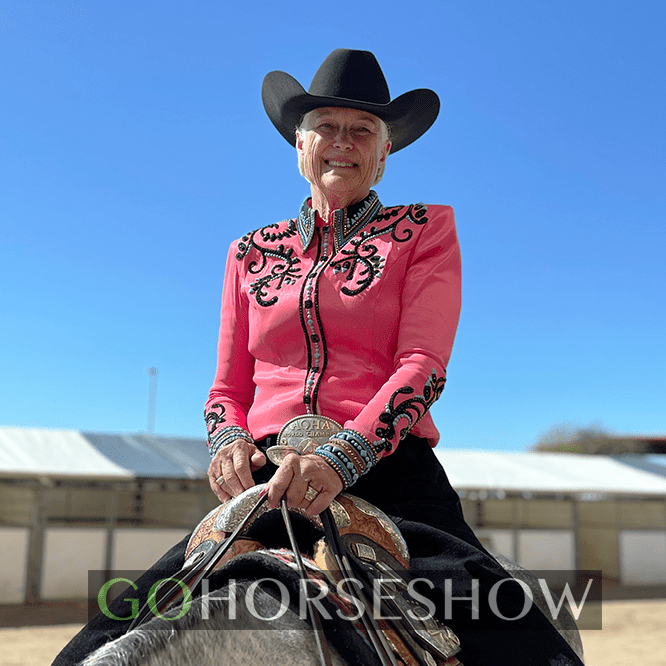 “It’s not easy to explain and not being a trainer, there are a lot of different ways to ride the pattern; but for me, and it may not work for everyone, I count strides from cone to middle and try to look slightly ahead to where I want to go beside each cone from one cone to the next down the line.”
“It’s not easy to explain and not being a trainer, there are a lot of different ways to ride the pattern; but for me, and it may not work for everyone, I count strides from cone to middle and try to look slightly ahead to where I want to go beside each cone from one cone to the next down the line.”
Then, Tobin says let the log come to you. “At the lope, I try to slow down slightly before it so I can try to adjust if my stride is off. Logs can get me so many times. Showing in western riding is easier said than done.”
In case you missed the other parts of our series, check out part 1 of this popular series, where our experts gave some great advice on trying showmanship, also click here for part 2 on horsemanship and part 3 on trail.


